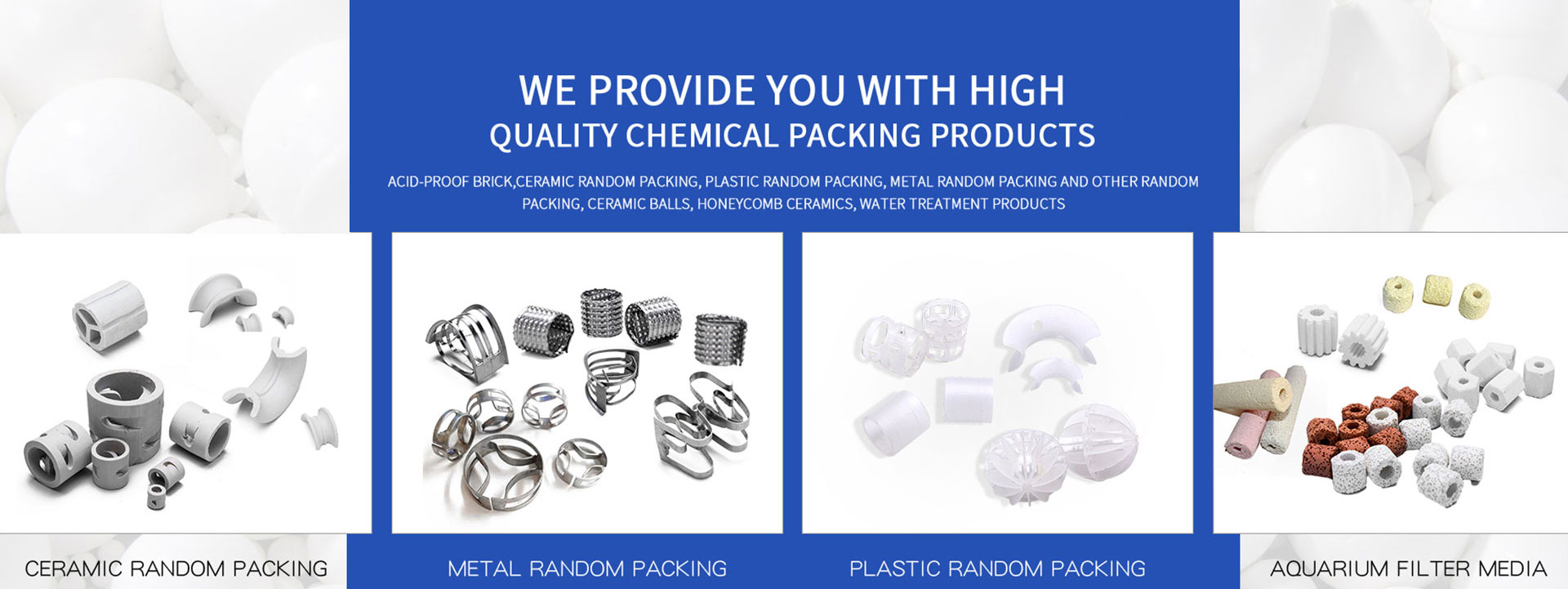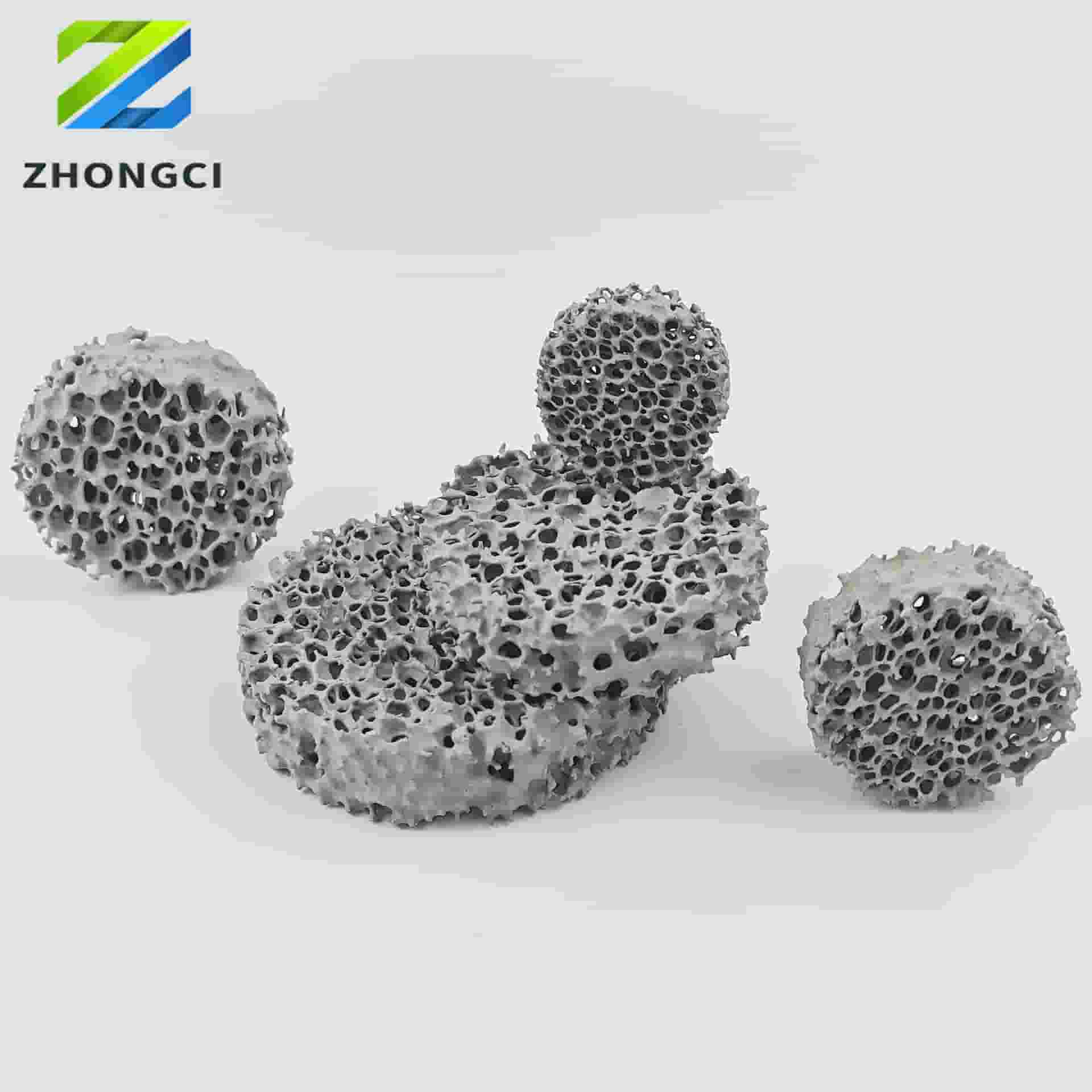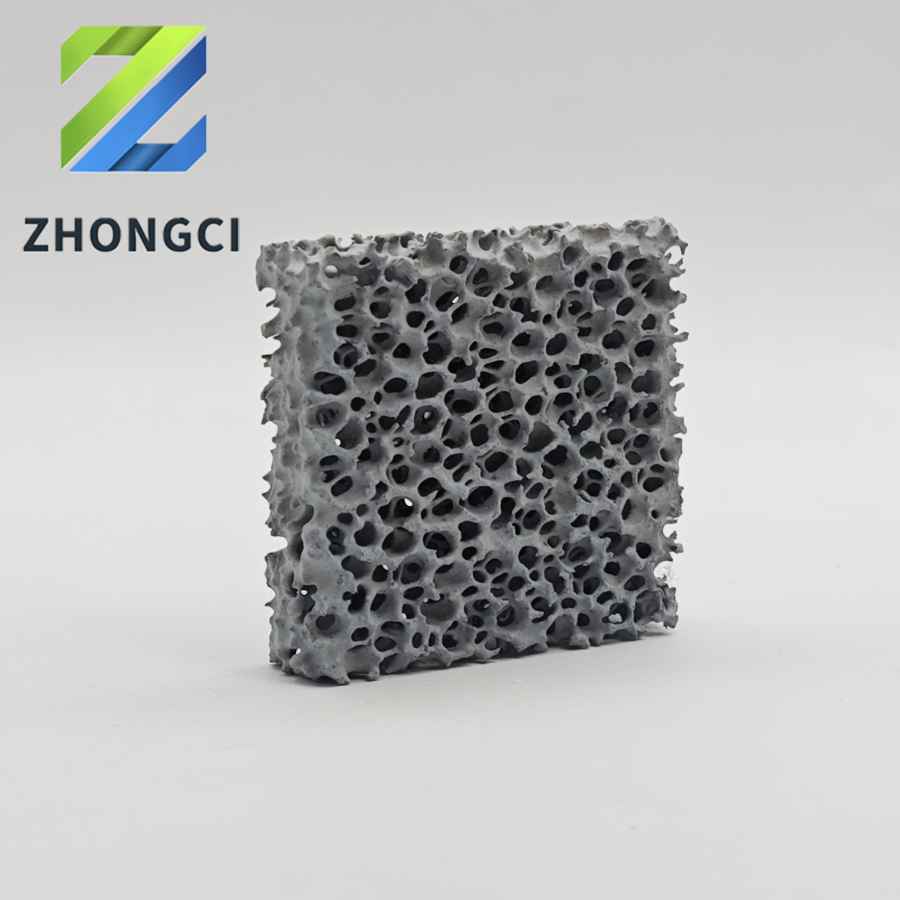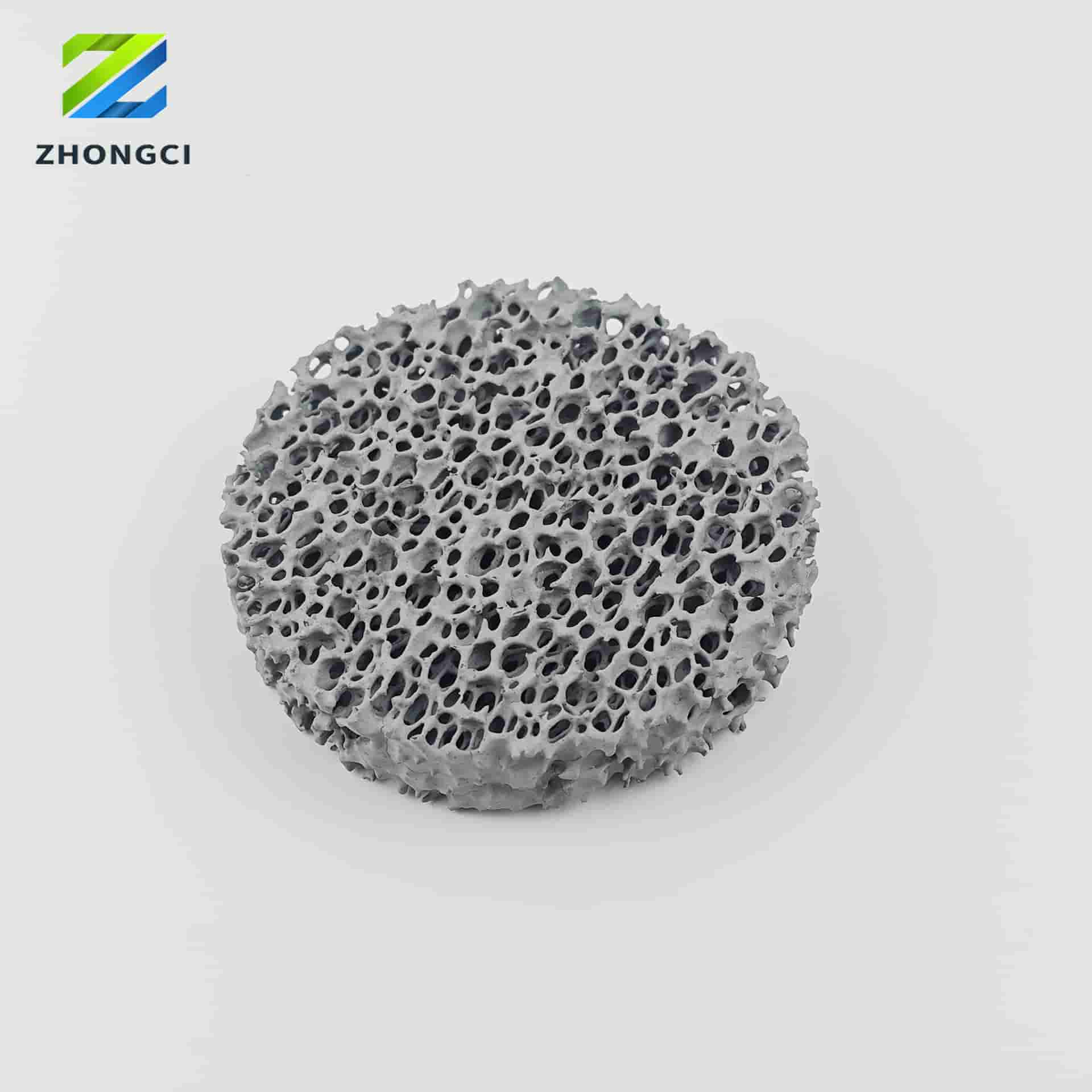


Silicon carbide (SiC) Open Porous Ceramic Foam Filter Plate SIC Filter
Silicon carbide foam ceramic filter using German imported polyurethane foam sponge as a carrier, silicon carbide mainly squeezed into the foam sponge, and then squeeze out the slurry,the slurry around the foam fiber, after drying, baking at high temperature,polyurethane thermal decomposition, leaving foam ceramic products, namely silicon carbide foam ceramic filter.
Quick Details


High Thermal Stability: SiC ceramic foam filters can withstand extremely high temperatures, making them suitable for use with molten metals such as aluminum, iron, and steel.
Excellent Mechanical Strength: They maintain structural integrity under the stress of molten metal flow.
Thermal Shock Resistance: These filters can endure rapid temperature changes without cracking or breaking.
Chemical Resistance: Silicon carbide is resistant to chemical reactions with molten metals and slag.
Porosity: The foam structure provides a high surface area for filtering out impurities like oxides, inclusions, and other particulates.
Metal Casting: Used in foundries to filter molten metals, improving the quality and mechanical properties of cast products.
Aluminum and Iron Casting: Particularly effective in filtering aluminum and iron alloys, reducing defects and improving surface finish.
Steel Production: Used in continuous casting processes to enhance the purity of steel.
Investment Casting: Employed in precision casting processes to achieve high-quality, defect-free components.
Improved Metal Quality: By removing impurities, the filters help produce cleaner, higher-quality metal castings.
Enhanced Mechanical Properties: Cleaner metal results in better mechanical properties and performance of the final product.
Reduced Defects: Minimizes casting defects such as porosity, inclusions, and surface imperfections.
Cost Efficiency: Reduces the need for secondary processing and rework, lowering overall production costs.
Raw Material Preparation: Silicon carbide powder is mixed with binders and other additives.
Foam Production: The mixture is impregnated into a polyurethane foam template.
Drying and Firing: The impregnated foam is dried and then fired at high temperatures to burn out the organic foam and sinter the silicon carbide, forming a rigid, porous structure.
Quality Control: The filters are inspected for porosity, strength, and dimensional accuracy.
Pore Size: Depending on the application, filters with different pore sizes (measured in pores per inch, PPI) are chosen to balance filtration efficiency and flow rate.
Size and Shape: Customized to fit specific molds and casting setups.
Material Grade: Different grades of silicon carbide may be used based on the required thermal and mechanical properties.
Improved filtration efficiency
We have a highly porous structure that provides an increased surface area for filtration. The pores of the ceramic foam filter are sized to capture impurities while allowing the molten metal to pass through. This results in a highly efficient filtration process that removes unwanted impurities and ensures the quality of the final product.
Consistent quality
We are highly reliable and offer consistent quality over long periods of use. This is because the ceramic foam material used in the filter is highly durable and does not degrade easily, even in high-temperature and high-pressure environments. This ensures that the filtration process remains consistent throughout the casting process, resulting in a high-quality final product.
High temperature resistance
Ceramic foam filters are highly resistant to high temperatures, making them suitable for use in the casting of metals and alloys that require high temperatures for melting and casting. The filters are made of a highly refractory material that can withstand temperatures up to 1700°c, making them ideal for use in high-temperature casting processes.
Chemical resistance
Ceramic foam filters are also highly resistant to chemicals, making them suitable for use in casting processes that involve the use of corrosive chemicals. The filters can withstand exposure to harsh chemicals without deteriorating, ensuring that the filtration process remains effective even in corrosive environments.
Versatile
Ceramic foam filters can be manufactured in a range of sizes and shapes, making them highly versatile and suitable for use in a wide range of casting processes. The filters can be customized to meet specific casting requirements, allowing for maximum flexibility and adaptability in the casting process.
Technique Data of Silicon carbide (SiC) Ceramic Foam Filter:
<< Previous page
Next page >>